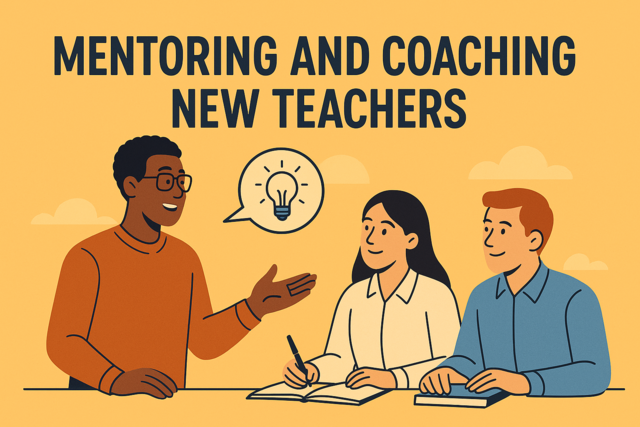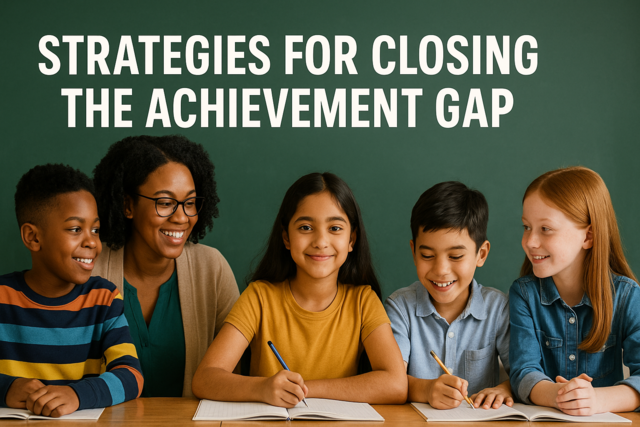Online Class: Principles of Adult Learning Theory

no certificate
with CEU Certificate*
-
15Lessons
-
22Exams &
Assignments -
4Hours
average time -
0.4CEUs
Course Description
In a world where knowledge is the greatest currency, the "Principles of Adult Learning Theory" course stands as your key to unlocking unparalleled educational potential. Imagine transforming not just your career, but your very approach to learning and teaching—paving a path to lifelong success. This course is crafted not just to educate, but to invigorate your passion for learning, placing you at the forefront of knowledge in today's ever-evolving educational landscape.
Welcome to an adventure in education where you are the central protagonist. Picture stepping into a vibrant journey that spans history, theory, and practice in adult learning, each stop designed to enrich your mind and expand your horizons. While online courses abound, this offering differentiates itself by intertwining theory with practice in a way that's captivating and transformative.
Travel back in time to pivotal moments that democratized knowledge and consider how these shifts continue to shape modern adult education. Ground your understanding in the revolutionary concepts developed by pioneers like Malcolm Knowles and Paulo Freire. You'll gain insights not just into how adult education has evolved, but—more importantly—into its power to alter societies. This foundation is more than academic; it's empowering.
But this is more than a history lesson. Dive deep into the heart of adult learning strategies. From the psychological richness of Carl Rogers' student-centered approach to cutting-edge digital innovations, you'll explore strategies that respect the autonomy and varied learning styles of adult learners. Here, we're not just offering information; we bring you strategies to transform environments, creating spaces where education is not a task but a compelling journey.
Imagine mastering motivation—a force, both intrinsic and extrinsic, capable of driving adult learners toward personal and professional achievements. With this course, you will harness the power to inspire others and yourself, guiding learning journeys that are both fulfilling and result-oriented. Picture learning not as a compulsory task but as a carefully constructed journey, imbued with personal significance and clear rewards.
Immerse yourself in an interactive experience where technology isn't just a tool—it's your ally. Engage with multimedia elements that bring learning to life, making it vivid and memorable. Visualize creating virtual worlds where learners experience education in immersive, compelling ways. With our course, you'll learn to blend tradition with innovation, poised to redefine the learning experience.
Peek behind the curtain of the psychological and social barriers that often deter adult learners. Here, you'll acquire strategies to dismantle these barriers, enriching educational environments with diversity and cultural awareness. Understand the nuances of adult education in a way that fosters inclusion and promotes a holistic understanding of what it means to learn as an adult.
Consider lifelong learning more than a catchphrase. You'll experience firsthand how experiential learning serves as a catalyst for both individual growth and societal impact. Engage with real-world projects that transcend theoretical frameworks and reflect a spectrum of lived experiences.
This course is your toolkit—for lifelong personal transformation and societal contribution. It's designed not just to teach, but to mold you into a leader in adult education, equipped with tools to elevate others. Imagine, with every new skill and understanding, building not just a career but a legacy.
Take this step. Transform your view of learning and teaching. There is no better time, no superior course, and no more engaging community than ours. The world is waiting for your insights, your innovations, and your impact—a world that will be forever shaped by what you choose to learn now.
Join us in the "Principles of Adult Learning Theory" course where the journey of education becomes the most exhilarating adventure—with you at the helm. Your path to becoming an inspirational force in adult learning begins today.
- Completely Online
- Self-Paced
- 6 Months to Complete
- 24/7 Availability
- Start Anytime
- PC & Mac Compatible
- Android & iOS Friendly
- Accredited CEUs

Course Lessons
Lesson 1. Unlocking Learning Potentials Through Age-Specific Strategies
In dissecting andragogy and pedagogy, we uncover a divide between learning strategies grounded in autonomy versus guidance, aligning with adult and youth learners' needs. These frameworks offer pathways to effective education, recognizing the nuances driving engagement and nurturing lifelong learning success.Lesson 2. Adult Learners: A Historic Journey
Historically, key moments like the printing press and industrial revolutions have democratized knowledge access, catalyzing societal progress. Modern adult education, influenced by figures like Malcolm Knowles and Paulo Freire, prioritizes experiential learning and cultural competency for personal and communal empowerment.Lesson 3. Exploring Andragogy: The Unique Principles of Facilitating Adult Learning
The 20th century embraced new psychological and social insights into adult learning, echoed in Carl Rogers' student-centered approach and the rise of distance learning models like The Open University. These innovations reinforced andragogical ideals of self-direction and autonomy, further complemented by study circles promoting communal learning.Lesson 4. Exploring the Foundations of Learning Styles in Adult Education
Evaluation of educational strategies in adult learning necessitates an inclusive approach that integrates diverse theories like VARK, Multiple Intelligences, and cultural contexts. The responsive design of learning environments and continuous feedback loops allow for agile adaptations that prioritize individual learner needs and preferences, ensuring the realization of learning outcomes.Lesson 5. Understanding Motivation in Adult Learning: Unveiling the Dual Forces
To promote intrinsic motivation, educators should create supportive learning environments that align content with personal interests, enhancing the connection between educational material and real-life applications. Extrinsic motivation, however, can inspire learners to achieve specific benchmarks, contributing to a well-rounded educational journey that combines personal satisfaction with tangible rewards.Lesson 6. Fueling Adult Education: The Synergy of Motivation and Engagement
Incorporating technology and multimedia into adult education significantly boosts engagement by offering diverse, interactive learning formats that meet different preferences. Tools like virtual reality or gamification provide immersive experiences, making learning more tangible and enjoyable, thus increasing retention and applicability.Lesson 7. Overcoming Psychological Barriers in Adult Learning: Strategies for Success
The interplay of cultural and societal factors influences adult learners' motivations and participation in educational settings. Understanding these complexities allows educators to develop strategies that promote diversity, cultural awareness, and a more inclusive learning experience.Lesson 8. Practical Insights for Lifelong Learners
Experiential learning in adult education leverages real-world application to enhance personal and professional growth, turning theoretical concepts into practical, impactful solutions. By immersing learners in tangible projects and fostering critical reflection, this approach ensures a dynamic and engaging educational journey where lifelong learning is both relevant and transformative.Lesson 9. The Intersection of Experience and Education: Understanding Adult Learning
Adult learners are typically self-directed, goal-oriented, and motivated by real-world applications of their education. Incorporating adult experiences in learning, through methods like problem-based learning and recognizing intrinsic motivation, enhances the program's efficacy and relevance.Lesson 10. Harnessing the Power of Digital Tools to Elevate Adult Learning
The integration of digital tools in adult learning environments enables a shift from traditional teaching methods to dynamic, interactive experiences. By leveraging collaborative and personalized tools, educators can create inclusive spaces that bolster learning outcomes and essential soft skills among diverse learners.Lesson 11. Harnessing the Power of Assessments in Adult Education
In the realm of adult education, formative assessments serve as real-time guides, offering immediate feedback that enhances learning by addressing individual gaps and maintaining motivation through engagement. Summative assessments, on the other hand, evaluate cumulative knowledge and skills, ensuring that learning goals are met and preparing learners for real-world applications.Lesson 12. Unleashing Potential Through Cultural Awareness in Learning
Adult education's success hinges on cultural awareness, enabling educators to create inclusive classrooms by integrating diverse perspectives into their teaching methods. Through understanding and valuing cultural differences, educators and learners together enhance the learning environment, fostering empowerment and collaboration.Lesson 13. Self-Assessment & Reflection: Tools for Adult Learners
Self-assessment involves learners evaluating their progress and identifying personal strengths and weaknesses, while reflective practices deepen understanding by analyzing learning experiences. Together, these techniques promote a cycle of introspection, resilience, and skill advancement crucial for thriving in diverse educational contexts.Lesson 14. Reflective Insights Unleashed: Crafting Personal and Professional Excellence Through Practice
When reflective practice intertwines with critical thinking, adult education benefits from a robust framework of self-improvement and innovation. Educators cultivate environments that encourage multi-layered inquiry, leading to informed and adaptable learners.Lesson 15. Blended and Microlearning: Dynamic Educational Strategies
Microlearning offers short, focused educational segments ideal for time-constrained adults, integrating seamlessly into busy lives through mobile and digital platforms. This method promotes continuous skill enhancement and confidence by delivering just-in-time, digestible content.
Learning Outcomes
- Define and differentiate between andragogy and pedagogy by identifying key characteristics and motivational factors influencing adult and child learning approaches.
- Demonstrate the application of self-directed learning principles by creating a personalized learning plan incorporating prior experiences and immediate practical contexts.
- Demonstrate how the principles of andragogy, as popularized by Malcolm Knowles, have influenced modern adult education practices by providing concrete examples of learner-centered education.
- Define the impact of the printing press on the accessibility of adult education by examining historical changes in learning resource availability.
- Analyze historical and modern applications of adult learning methodologies, emphasizing experiential and self-directed learning strategies in real-world scenarios.
- Define and explain the principles of andragogy, including self-direction and intrinsic motivation, as characterized by Malcolm Knowles.
- Demonstrate the ability to identify different learning styles of adults and apply appropriate teaching strategies that cater to these styles.
- Describe how theoretical models such as Kolb’s Experiential Learning Theory and Gardner’s Multiple Intelligences can be used to create personalized adult education experiences.
- Define and differentiate between intrinsic and extrinsic motivation as it relates to adult learning by identifying key characteristics and examples.
- Demonstrate the ability to apply motivational strategies to enhance both intrinsic and extrinsic motivation in adult learning scenarios.
- Apply engagement strategies, such as interactive activities and reflective practices, to enhance participation and investment in adult learning experiences.
- Demonstrate the ability to identify and analyze the internal and external motivational factors driving adult learners within an educational context.
- Define and explain the impact of self-efficacy on adult learners' motivation and engagement using Bandura's theory.
- Demonstrate mastery of lesson content at levels of 70% or higher.
Additional Course Information

- Document Your Lifelong Learning Achievements
- Earn an Official Certificate Documenting Course Hours and CEUs
- Verify Your Certificate with a Unique Serial Number Online
- View and Share Your Certificate Online or Download/Print as PDF
- Display Your Certificate on Your Resume and Promote Your Achievements Using Social Media

Choose Your Subscription Plan
No Certificate / No CEUs
This course only
| Includes certificate | X |
| Includes CEUs | X |
| Self-paced |

|
| Instructor support |

|
| Time to complete | 6 months |
| No. of courses | 1 course |
Certificate & CEUs
This course only
| Includes certificate |

|
| Includes CEUs |

|
| Self-paced |

|
| Instructor support |

|
| Time to complete | 6 months |
| No. of courses | 1 course |
Certificates & CEUs
Includes all 600+ courses
| Includes certificate |

|
| Includes CEUs |

|
| Self-paced |

|
| Instructor support |

|
| Time to complete | 12 Months |
| No. of courses | 600+ |
Certificates & CEUs
Includes all 600+ courses
| Includes certificate |

|
| Includes CEUs |

|
| Self-paced |

|
| Instructor support |

|
| Time to complete | 24 Months |
| No. of courses | 600+ |
Related Courses
-
 7 hours
0.7 CEUs
Mysteries of the Unexplained
+ More Info
7 hours
0.7 CEUs
Mysteries of the Unexplained
+ More Info
-
 6 hours
0.6 CEUs
Productivity Tools for Modern Professionals
+ More Info
6 hours
0.6 CEUs
Productivity Tools for Modern Professionals
+ More Info
-
 7 hours
0.7 CEUs
Sustainable Living and Eco-Friendly Practices
+ More Info
7 hours
0.7 CEUs
Sustainable Living and Eco-Friendly Practices
+ More Info
-
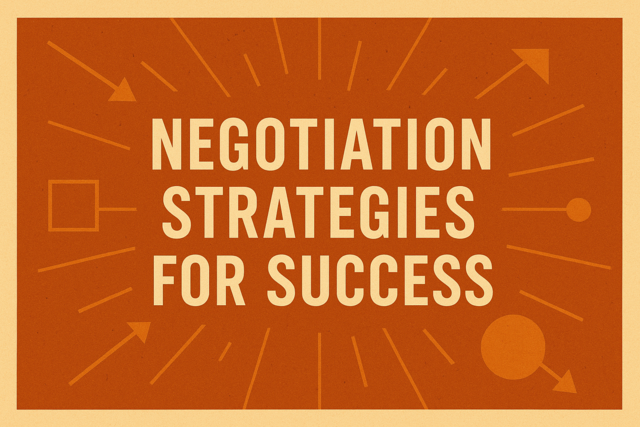 7 hours
0.7 CEUs
Negotiation Strategies for Success
+ More Info
7 hours
0.7 CEUs
Negotiation Strategies for Success
+ More Info
-
 7 hours
0.7 CEUs
The Art of Manifesting Your Dreams
+ More Info
7 hours
0.7 CEUs
The Art of Manifesting Your Dreams
+ More Info
-
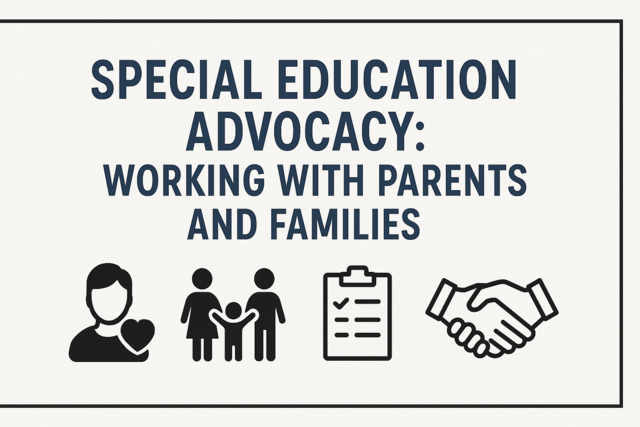 3 hours
0.3 CEUs
Special Education Advocacy: Working with Parents and Families
+ More Info
3 hours
0.3 CEUs
Special Education Advocacy: Working with Parents and Families
+ More Info
-
 4 hours
0.4 CEUs
Understanding Artificial Intelligence
+ More Info
4 hours
0.4 CEUs
Understanding Artificial Intelligence
+ More Info
-
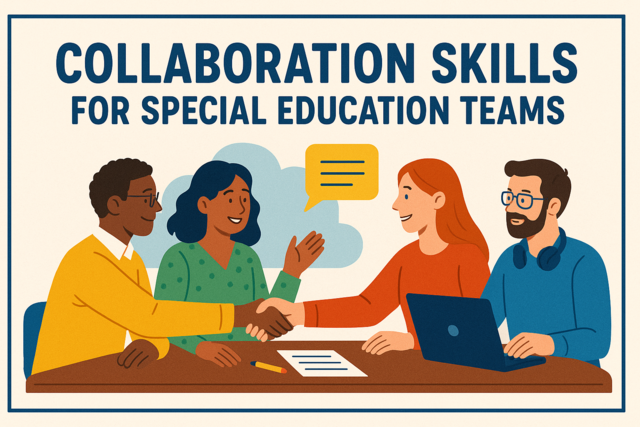 4 hours
0.4 CEUs
Collaboration Skills for Special Education Teams
+ More Info
4 hours
0.4 CEUs
Collaboration Skills for Special Education Teams
+ More Info
-
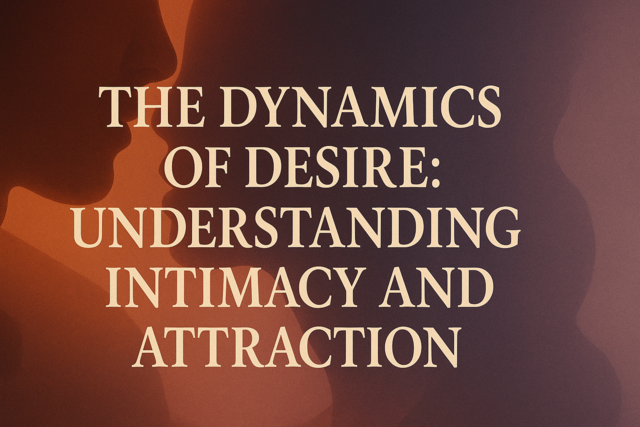 7 hours
0.7 CEUs
The Dynamics of Desire: Understanding Intimacy and Attraction
+ More Info
7 hours
0.7 CEUs
The Dynamics of Desire: Understanding Intimacy and Attraction
+ More Info
-
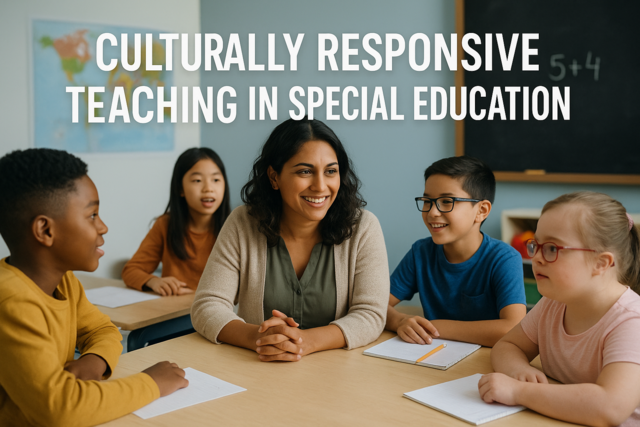 6 hours
0.6 CEUs
Culturally Responsive Teaching in Special Education
+ More Info
6 hours
0.6 CEUs
Culturally Responsive Teaching in Special Education
+ More Info
-
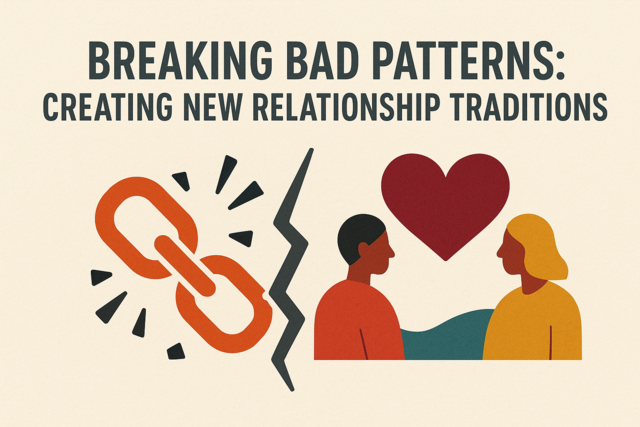 5 hours
0.5 CEUs
Breaking Bad Patterns: Creating New Relationship Traditions
+ More Info
5 hours
0.5 CEUs
Breaking Bad Patterns: Creating New Relationship Traditions
+ More Info
-
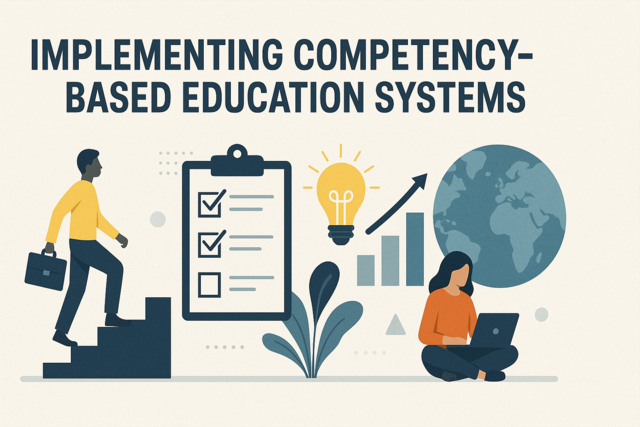 4 hours
0.4 CEUs
Implementing Competency-Based Education Systems
+ More Info
4 hours
0.4 CEUs
Implementing Competency-Based Education Systems
+ More Info
-
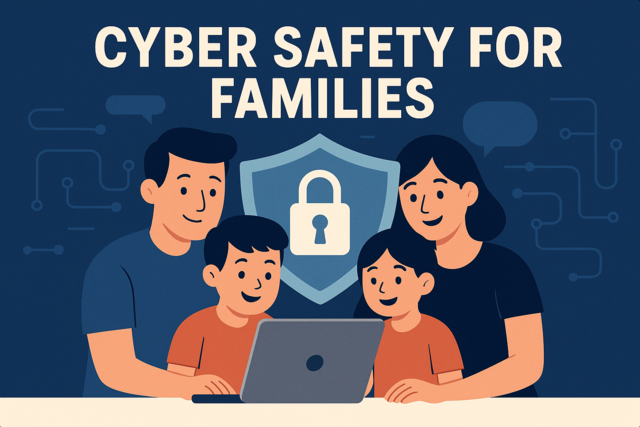 5 hours
0.5 CEUs
Cyber Safety for Families
+ More Info
5 hours
0.5 CEUs
Cyber Safety for Families
+ More Info
-
 6 hours
0.6 CEUs
Building an Effective Personal Brand
+ More Info
6 hours
0.6 CEUs
Building an Effective Personal Brand
+ More Info
-
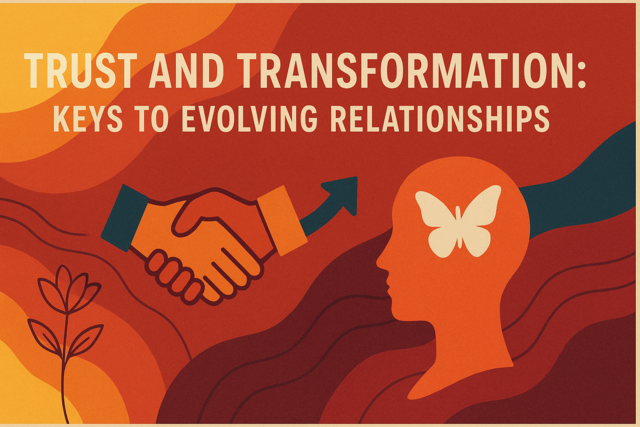 4 hours
0.4 CEUs
Trust and Transformation: Keys to Evolving Relationships
+ More Info
4 hours
0.4 CEUs
Trust and Transformation: Keys to Evolving Relationships
+ More Info
-
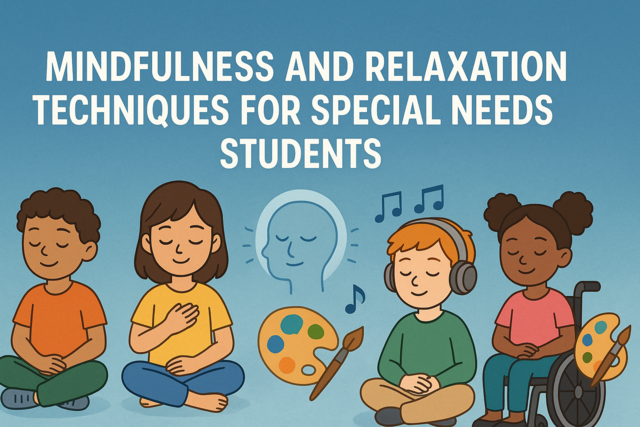 6 hours
0.6 CEUs
Mindfulness and Relaxation Techniques for Special Needs Students
+ More Info
6 hours
0.6 CEUs
Mindfulness and Relaxation Techniques for Special Needs Students
+ More Info
-
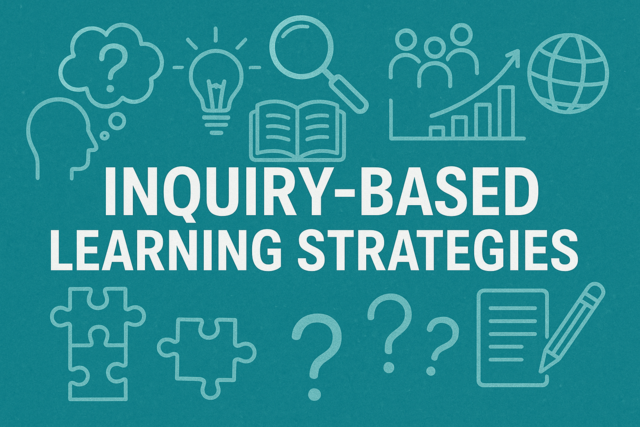 5 hours
0.5 CEUs
Inquiry-Based Learning Strategies
+ More Info
5 hours
0.5 CEUs
Inquiry-Based Learning Strategies
+ More Info
-
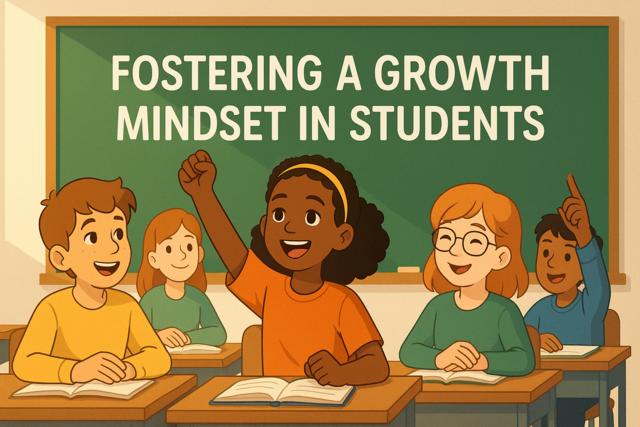 6 hours
0.6 CEUs
Fostering a Growth Mindset in Students
+ More Info
6 hours
0.6 CEUs
Fostering a Growth Mindset in Students
+ More Info
-
 7 hours
0.7 CEUs
Self-Care and Wellness Practices
+ More Info
7 hours
0.7 CEUs
Self-Care and Wellness Practices
+ More Info
-
 3 hours
0.3 CEUs
Positive Reinforcement Techniques for Special Educators
+ More Info
3 hours
0.3 CEUs
Positive Reinforcement Techniques for Special Educators
+ More Info
-
 5 hours
0.5 CEUs
The Compassionate Family: Building Empathy Through Generations
+ More Info
5 hours
0.5 CEUs
The Compassionate Family: Building Empathy Through Generations
+ More Info
-
 3 hours
0.3 CEUs
Preparing Students for Careers of the Future
+ More Info
3 hours
0.3 CEUs
Preparing Students for Careers of the Future
+ More Info
-
 7 hours
0.7 CEUs
Harmony at Home: Techniques for Peaceful Coexistence
+ More Info
7 hours
0.7 CEUs
Harmony at Home: Techniques for Peaceful Coexistence
+ More Info
-
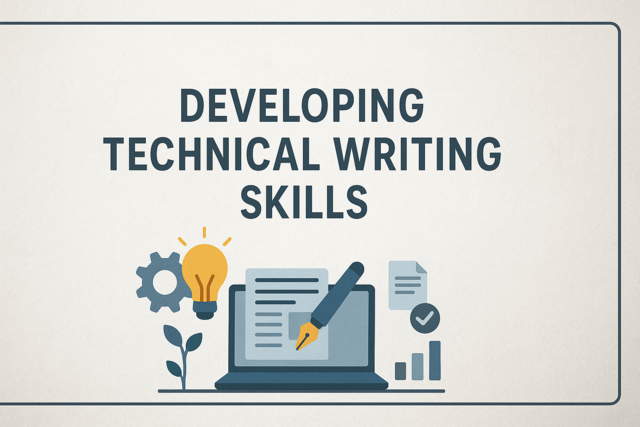 3 hours
0.3 CEUs
Developing Technical Writing Skills
+ More Info
3 hours
0.3 CEUs
Developing Technical Writing Skills
+ More Info
-
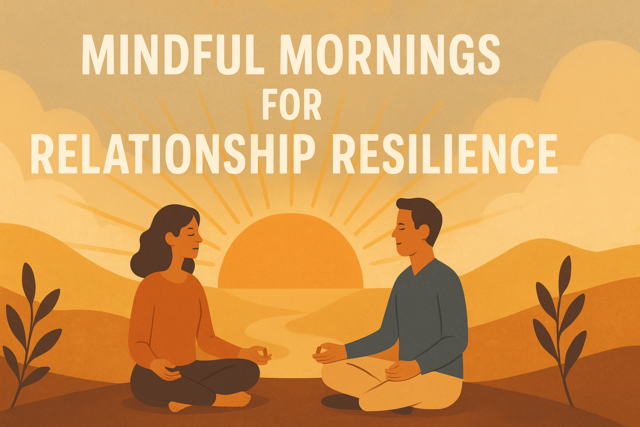 5 hours
0.5 CEUs
Mindful Mornings for Relationship Resilience
+ More Info
5 hours
0.5 CEUs
Mindful Mornings for Relationship Resilience
+ More Info
-
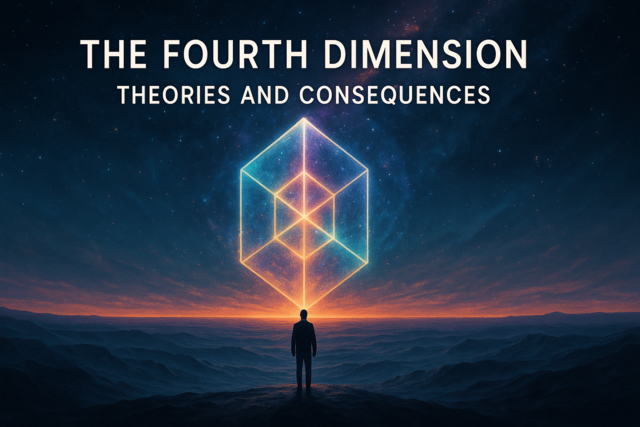 3 hours
0.3 CEUs
The Fourth Dimension: Theories and Consequences
+ More Info
3 hours
0.3 CEUs
The Fourth Dimension: Theories and Consequences
+ More Info
-
 7 hours
0.7 CEUs
Integrating Arts into the Curriculum
+ More Info
7 hours
0.7 CEUs
Integrating Arts into the Curriculum
+ More Info
-
 3 hours
0.3 CEUs
Managing Personal Finances
+ More Info
3 hours
0.3 CEUs
Managing Personal Finances
+ More Info
-
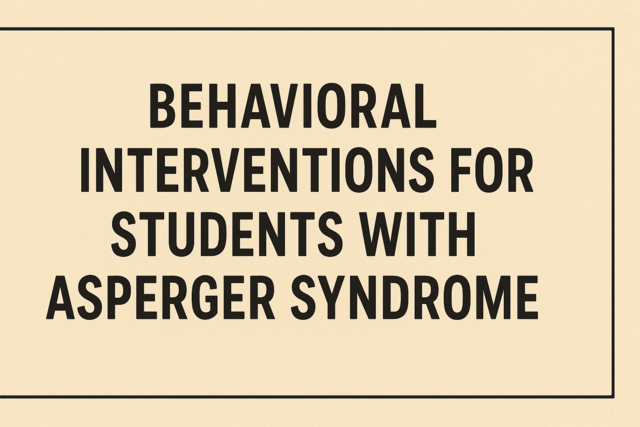 4 hours
0.4 CEUs
Behavioral Interventions for Students with Asperger Syndrome
+ More Info
4 hours
0.4 CEUs
Behavioral Interventions for Students with Asperger Syndrome
+ More Info
-
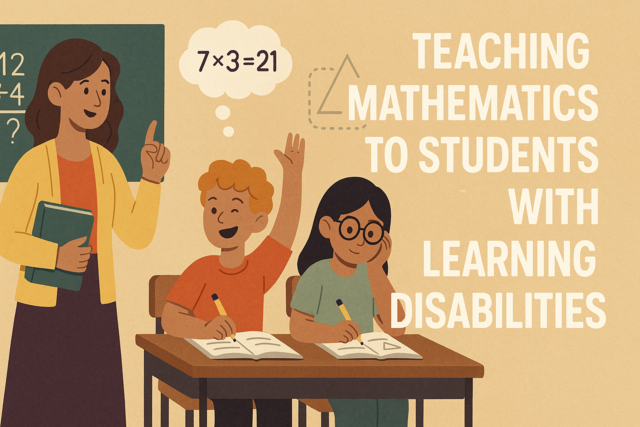 5 hours
0.5 CEUs
Teaching Mathematics to Students with Learning Disabilities
+ More Info
5 hours
0.5 CEUs
Teaching Mathematics to Students with Learning Disabilities
+ More Info
-
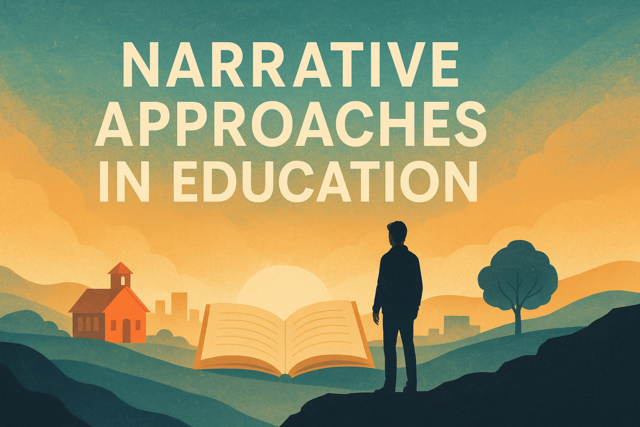 6 hours
0.6 CEUs
Narrative Approaches in Education
+ More Info
6 hours
0.6 CEUs
Narrative Approaches in Education
+ More Info
-
 3 hours
0.3 CEUs
Office Staff Productivity Boosters
+ More Info
3 hours
0.3 CEUs
Office Staff Productivity Boosters
+ More Info
-
 5 hours
0.5 CEUs
Advanced Excel for Data Management
+ More Info
5 hours
0.5 CEUs
Advanced Excel for Data Management
+ More Info
-
 6 hours
0.6 CEUs
Digital Literacy and Security
+ More Info
6 hours
0.6 CEUs
Digital Literacy and Security
+ More Info
-
 5 hours
0.5 CEUs
Childhood Trauma: Long-term Effects and Interventions
+ More Info
5 hours
0.5 CEUs
Childhood Trauma: Long-term Effects and Interventions
+ More Info
-
 6 hours
0.6 CEUs
Flawless Finish: Understanding Details in Luxury Fashion
+ More Info
6 hours
0.6 CEUs
Flawless Finish: Understanding Details in Luxury Fashion
+ More Info
-
 5 hours
0.5 CEUs
Understanding Social Media for Business
+ More Info
5 hours
0.5 CEUs
Understanding Social Media for Business
+ More Info
-
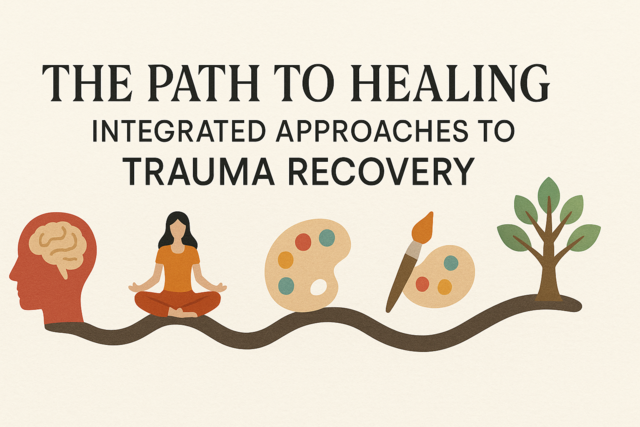 5 hours
0.5 CEUs
The Path to Healing: Integrated Approaches to Trauma Recovery
+ More Info
5 hours
0.5 CEUs
The Path to Healing: Integrated Approaches to Trauma Recovery
+ More Info
-
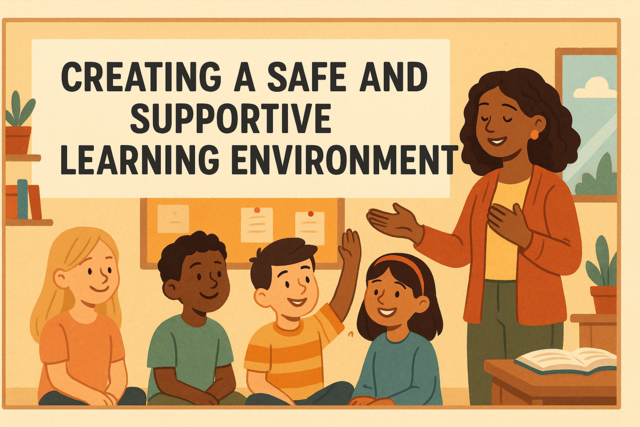 5 hours
0.5 CEUs
Creating a Safe and Supportive Learning Environment
+ More Info
5 hours
0.5 CEUs
Creating a Safe and Supportive Learning Environment
+ More Info
-
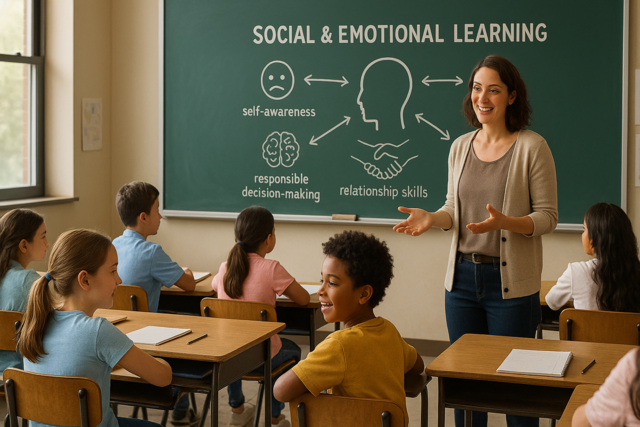 6 hours
0.6 CEUs
Social and Emotional Learning: Programs and Practices
+ More Info
6 hours
0.6 CEUs
Social and Emotional Learning: Programs and Practices
+ More Info


